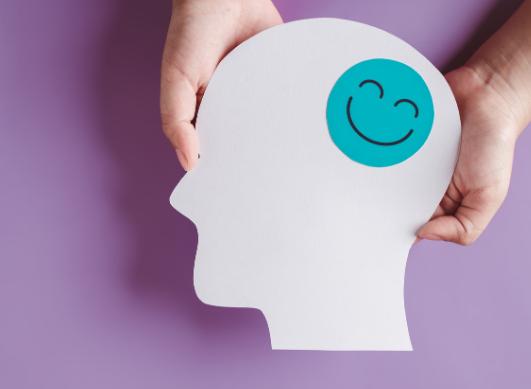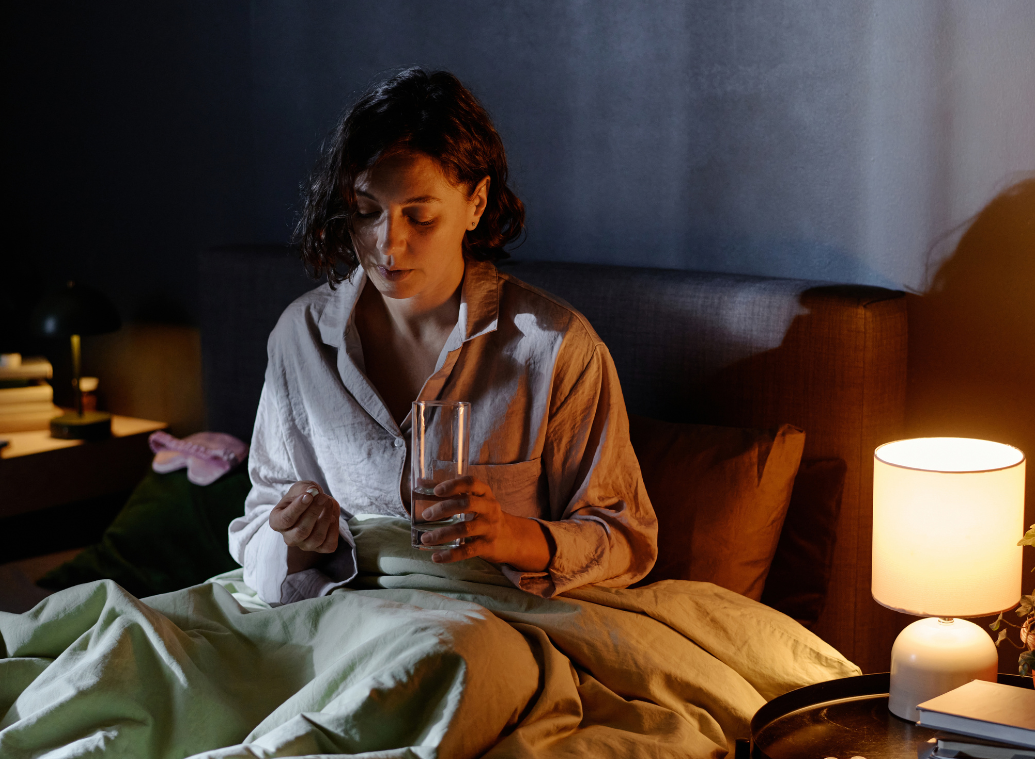- Home
- Forums
- General forums
- News from the media
- Body clock linked to mood disorders
Body clock linked to mood disorders
- 52 views
- 0 support
- 4 comments
All comments

lesmal
AmbassadorGood advisor
![]()
lesmal
Ambassador
Last activity on 09/01/2026 at 20:01
Joined in 2018
1,535 comments posted | 50 in the News from the media group
82 of their responses were helpful to members
Rewards
-
Good Advisor
-
Contributor
-
Messenger
-
Committed
-
Explorer
-
Evaluator
A very interesting study... Thank you for the information.
My cell phone has an automatic 'switch off' from 9.00 p.m. - 6.00 a.m. I won't use the laptop or the cell phone at night time unless I can't sleep for hours... Doing this of course can affect us the next day with tiredness, mood and possible hormonal changes!
See the signature
Les

Unregistered member
Thank you for such an informative study. I am in the habit of sending good night and good morning messages when I go to bed. It takes me an hour and a half to read all the messages and reply to them and watch the videos sent to me. I always have the light on, as it is not good to read your phone in the dark. When I finish with the phone, I do not switch it off in case of emergency, but I do put it on "Silent" and put the phone at least 2 feet away from me. My phone is in a cover, so there is nor risk of emitting any radiation. I also use my phone on speaker phone, so I don't have to hold it to my ear. I never carry my phone in my breast pocket or hip pocket, but always carry it in my hand bag.
Christina
![]()
mjteddy
Good advisor
![]()
mjteddy
Last activity on 01/01/2026 at 15:51
Joined in 2016
77 comments posted | 6 in the News from the media group
11 of their responses were helpful to members
Rewards
-
Good Advisor
-
Contributor
-
Committed
-
Explorer
-
Evaluator
-
Newsfeeder
As someone who has worked shift work for the best part of my working life ( I'm 63) and has been suffering from depression since around 2013 and been on the sick since Feb 2017 I can understand how mood changes can happen, long term shift work particularly night shift has to have a detrimental effect on your mental and physical health.
See the signature
Mjteddy

Unregistered member
I agree with you mjteddy. As a Retired Nurse, I can say that working shifts in particular night shifts, does affect your mood and body clock. I worked night shifts for number of years and experienced feeling low. You do not see the day light when you are on nights. You go to work in the dark, return home before fully light and you sleep through the day, if you are lucky enough, and back to work in the dark. It does cause you to have SAD Seasonal Affected Disorder. I have been very fortunate that I did not suffer from depression needing treatment or being off sick, but I do sympathize with shift workers who are suffer low moods and Body Clock disruption.
C. Chetwynd
Give your opinion
Articles to discover...
Subscribe
You wish to be notified of new comments
Your subscription has been taken into account








Margarita_k
Good advisor
Margarita_k
Last activity on 07/10/2020 at 11:39
Joined in 2016
1,195 comments posted | 154 in the News from the media group
2 of their responses were helpful to members
Rewards
Good Advisor
Contributor
Messenger
Committed
Explorer
Evaluator
Disruption to the body's internal clock may put people at increased risk of mood disorders, scientists say.
A clock ticks in nearly every cell of the body. And they change how the tissues work in a daily rhythm.
A Lancet Psychiatry study of 91,000 people found a disrupted body clock was linked with depression, bipolar disorder and other problems.
The Glasgow researchers said it was a warning to societies becoming less in tune with these natural rhythms.
Although the study did not look at mobile phone use, Prof Daniel Smith, one of the University of Glasgow researchers, told BBC Radio 4's Today programme that it was "likely" that some of the people in the study who had difficulties might be using social media at night.
"For me absolutely my mobile phone goes off before 22:00 at night and that's it, because obviously we didn't evolve to be looking at screens when we should be sleeping," he said.
People in the study wore activity monitors for a week to see how disrupted their clocks were.
Those who were highly active at night or inactive during the day were classed as being disrupted.
And they were between 6% and 10% more likely to have been diagnosed with a mood disorder than people who had a more typical - active in the day, inactive at night - pattern.
Prof Smith, a psychiatrist, told the BBC: "These are not huge differences. But what is striking is it is pretty robust across lots of interesting outcomes."
The study found higher rates of major depression, bipolar disorder, more loneliness, lower happiness, worse reaction times and more mood instability in people with body-clock disruption.
However, the study cannot tell if the disruption is causing the mental illness or is just a symptom of it. That will take further work.
Circadian rhythm
The body clock certainly exerts a powerful effect throughout the body.
Mood, hormone levels, body temperature and metabolism all fluctuate in a daily rhythm.
Even the risk of a heart attack soars every morning as the body gets the engine running to start a new day.
Prof Smith said: "The study tells us the body clock is really important for mood disorders and should be given greater priority in research and in way we organise societies. It wouldn't be too controversial to say we need to reorganise the way we learn and work to be in tune with our natural rhythms."
The study used data from the UK's Biobank research project. However, many of the participants were quite old.
Dr Aiden Doherty, from the University of Oxford, said: "The study population is not ideal to examine the causes of mental health, given that 75% of disorders start before the age of 24 years."
But he added the study showed the way for a similar research in "adolescents and younger adults to help transform our understanding of the causes and consequences, prevention, and treatment of mental health disorders".
BBC Health News